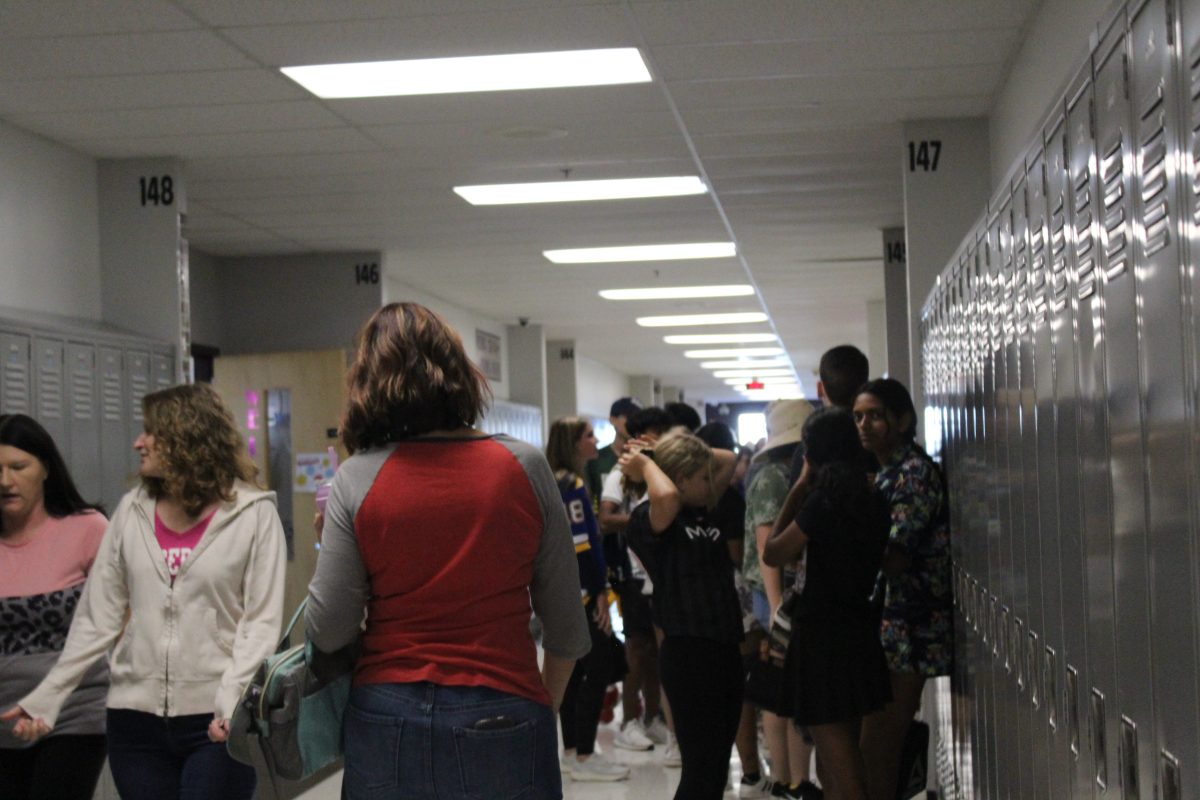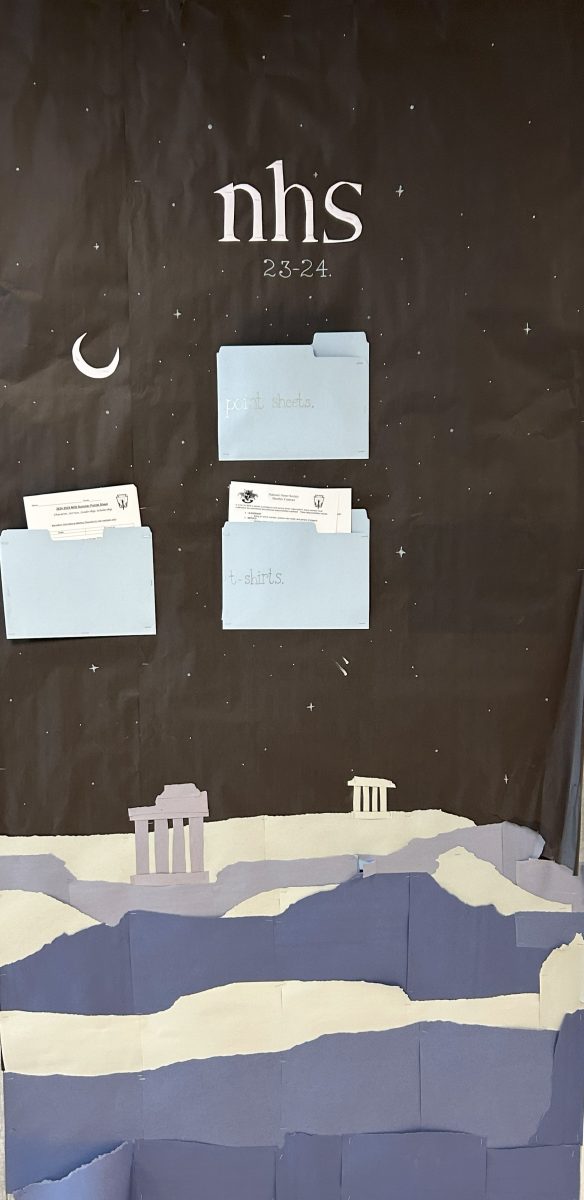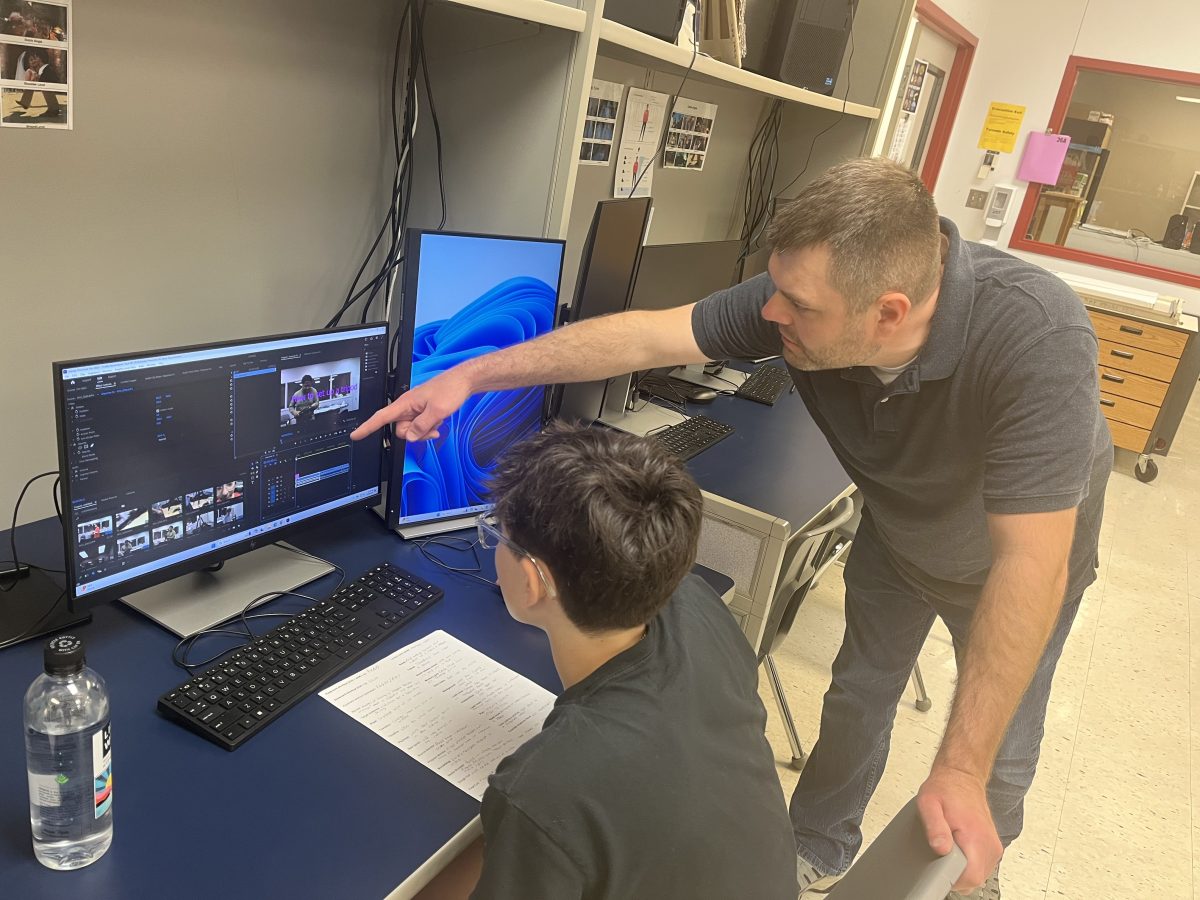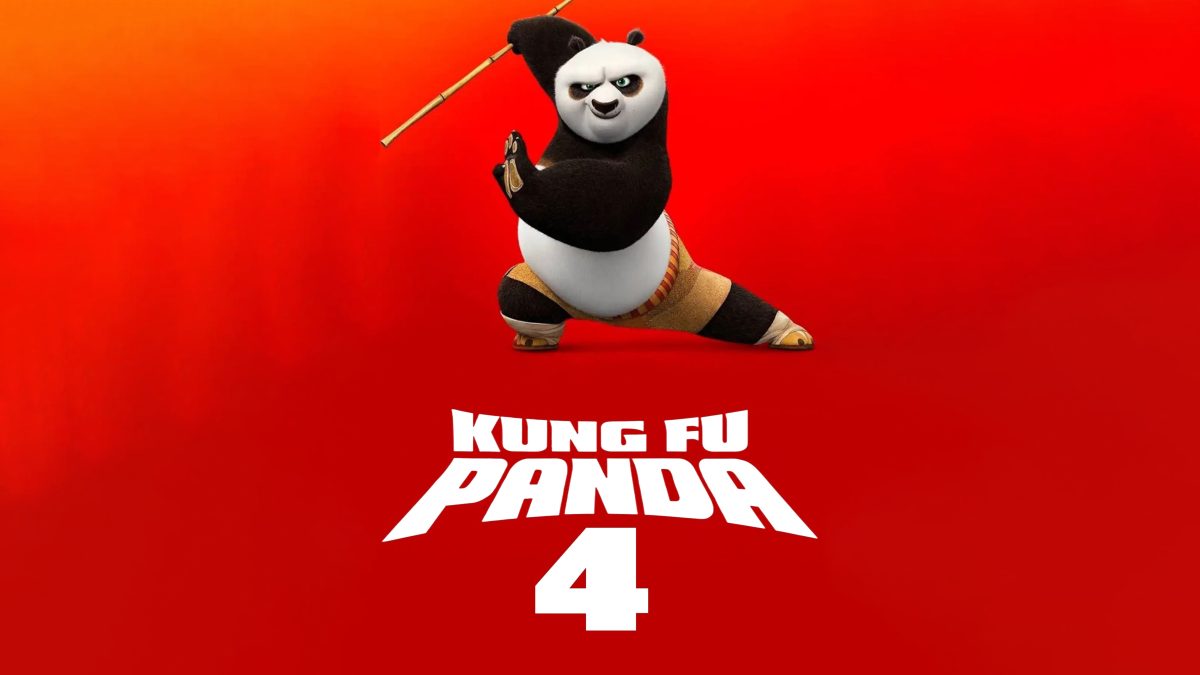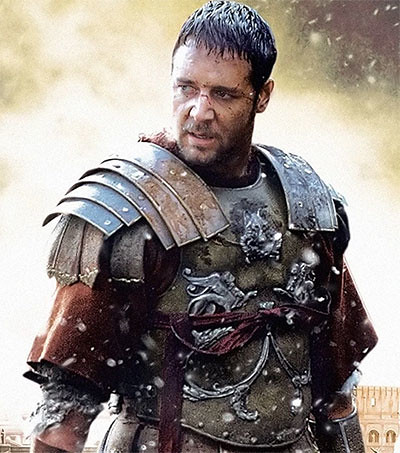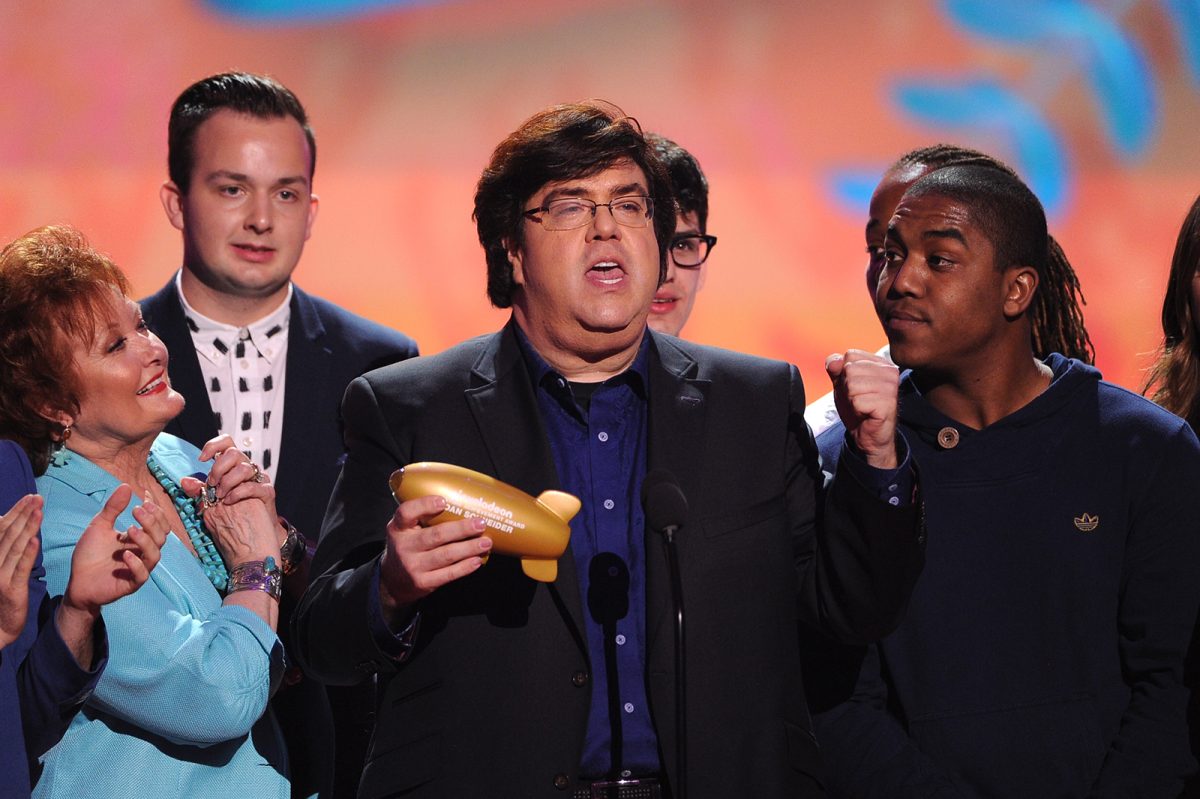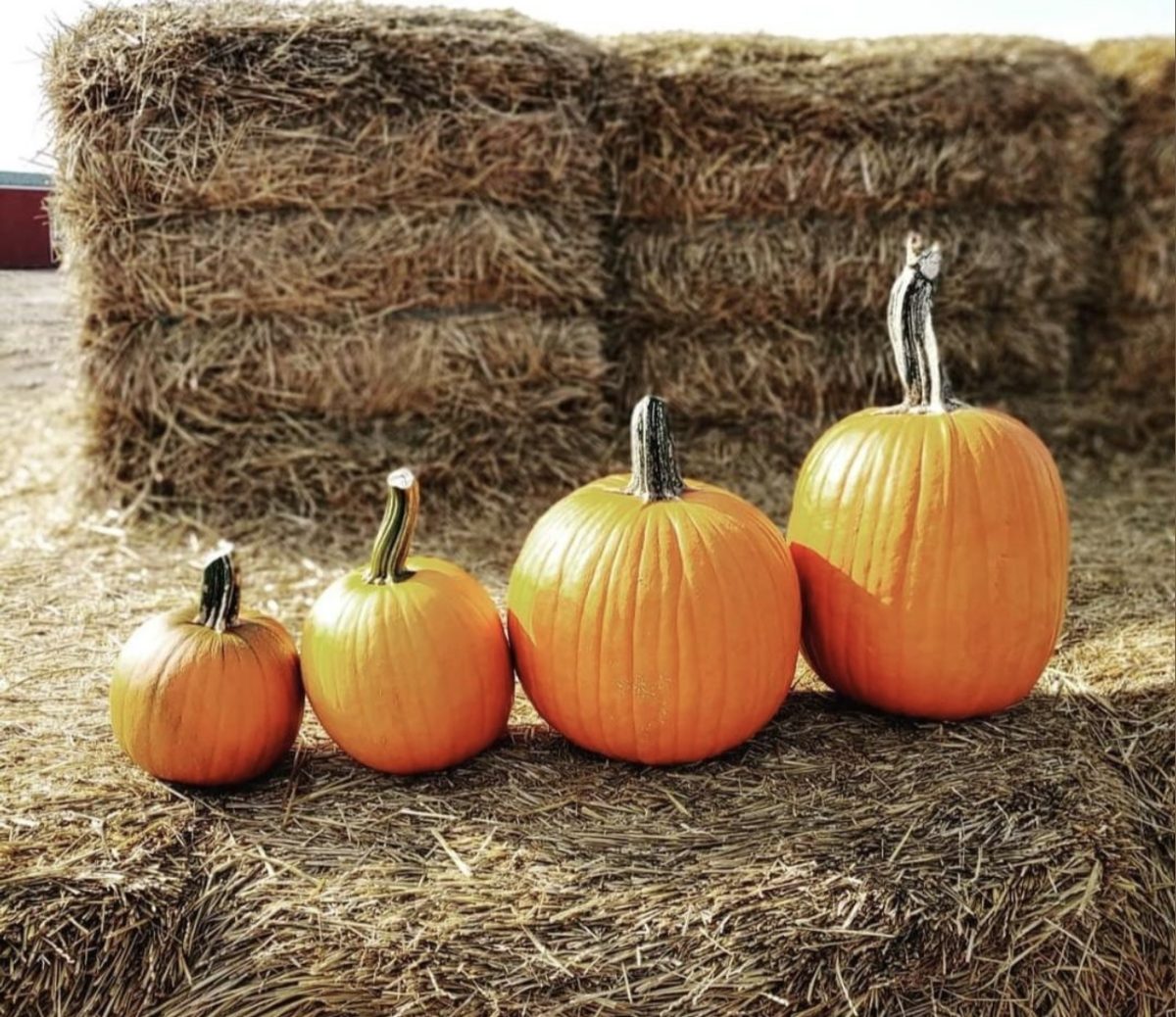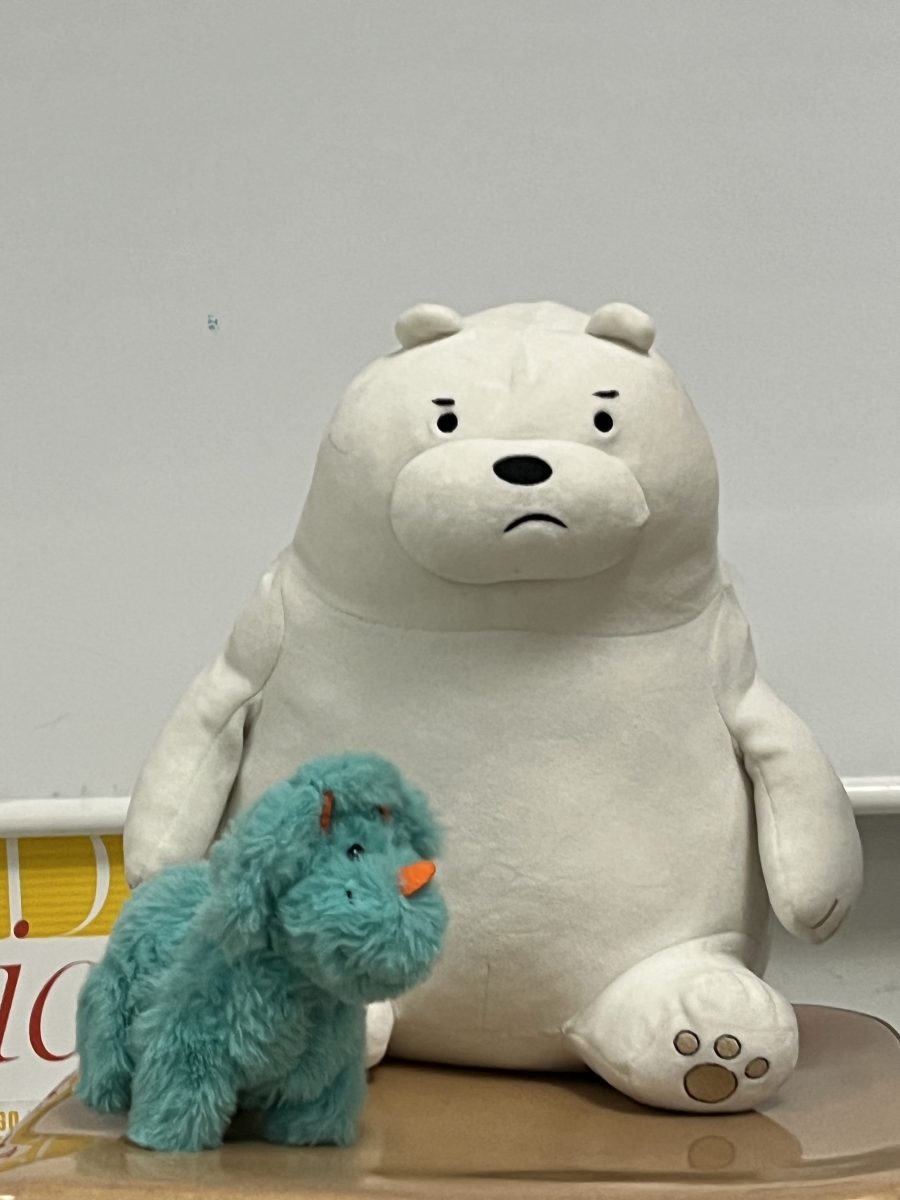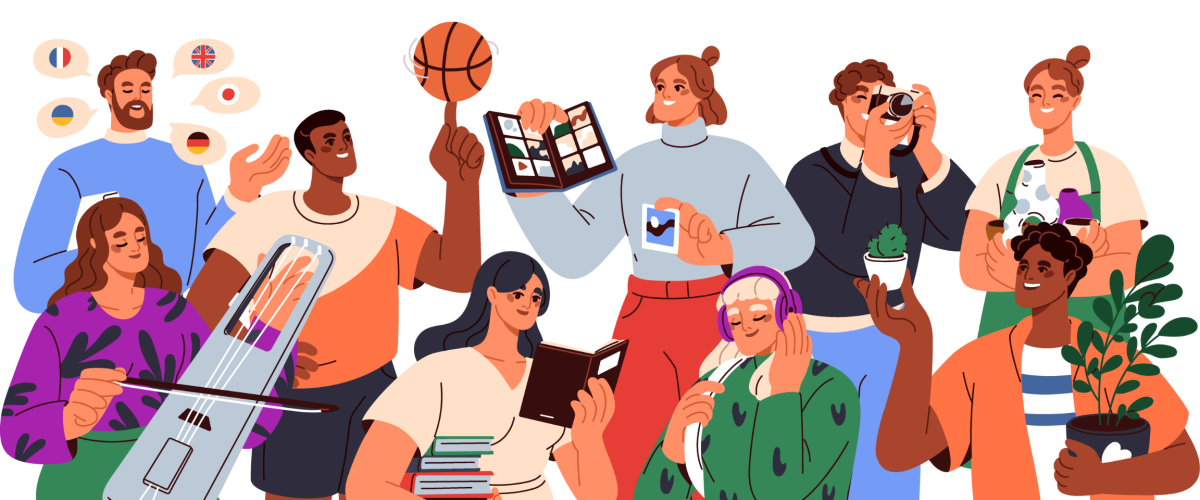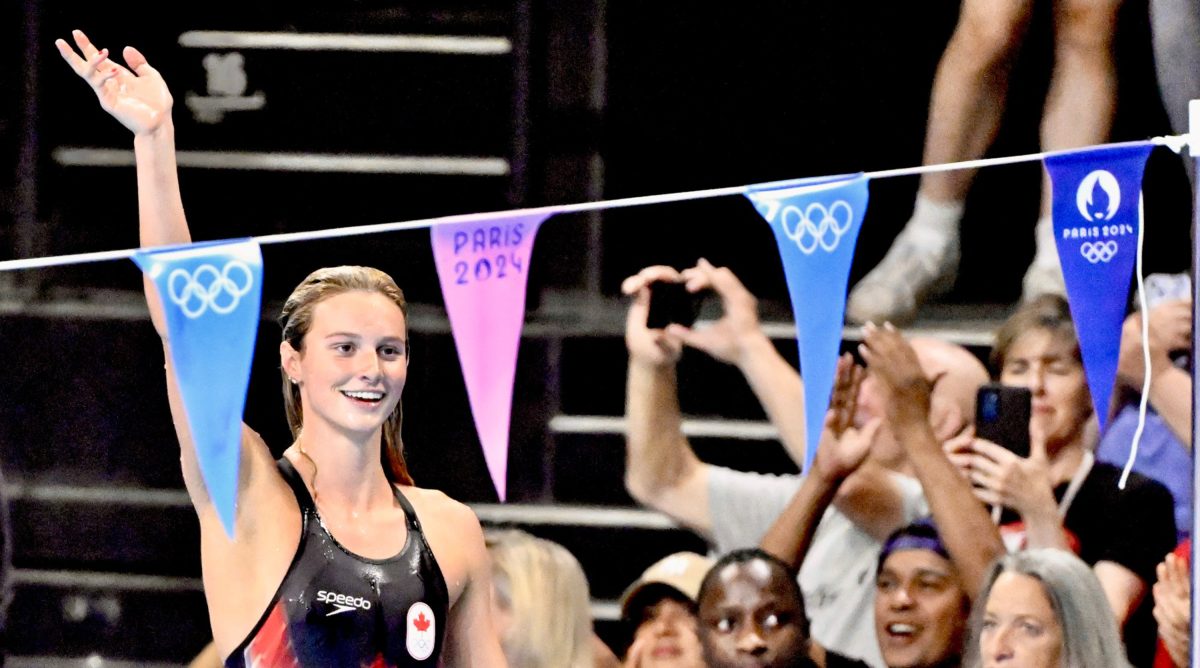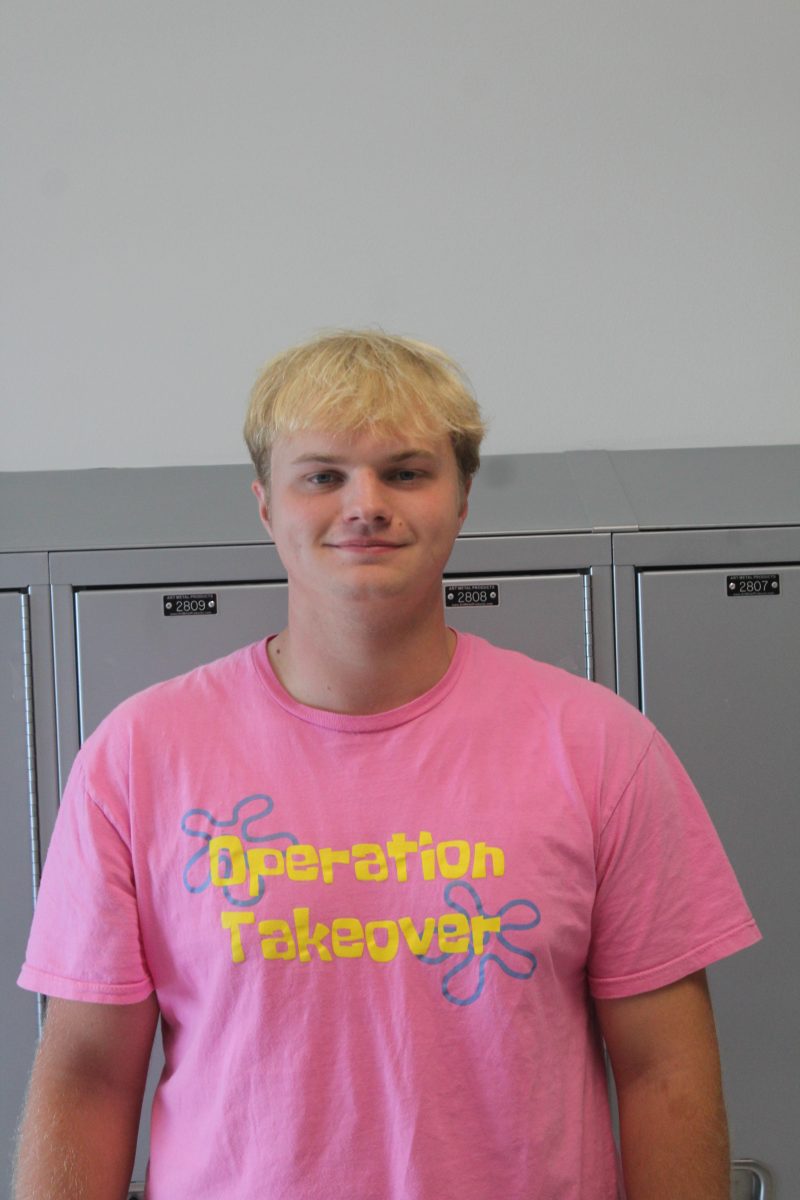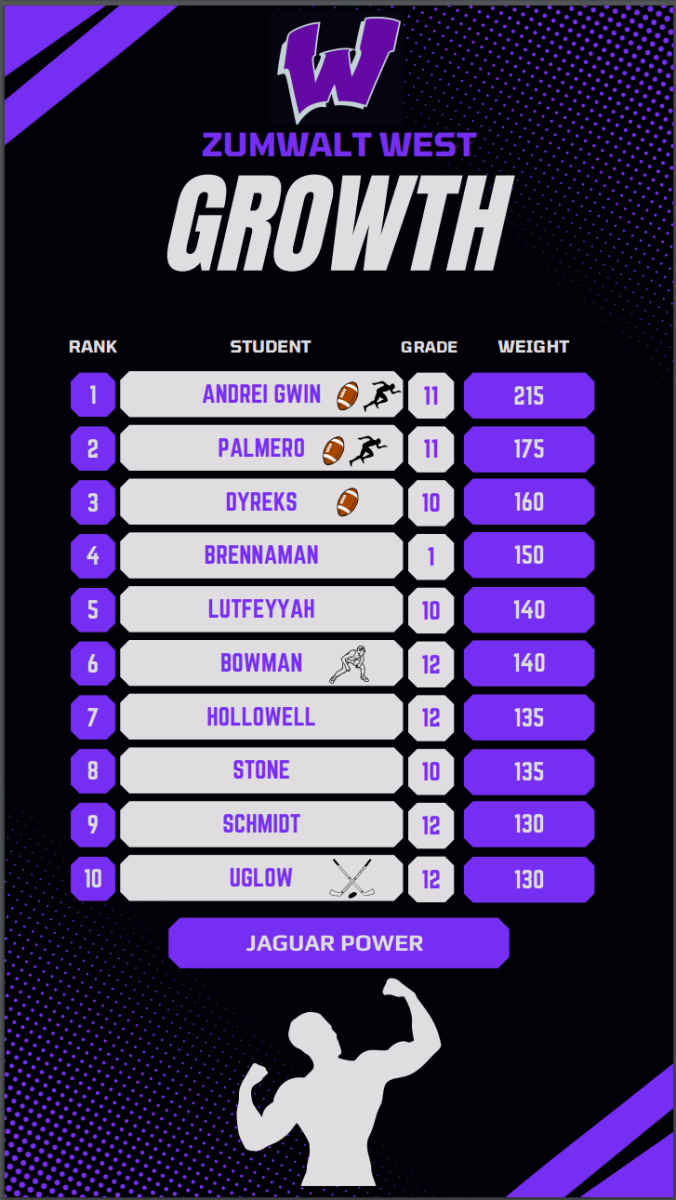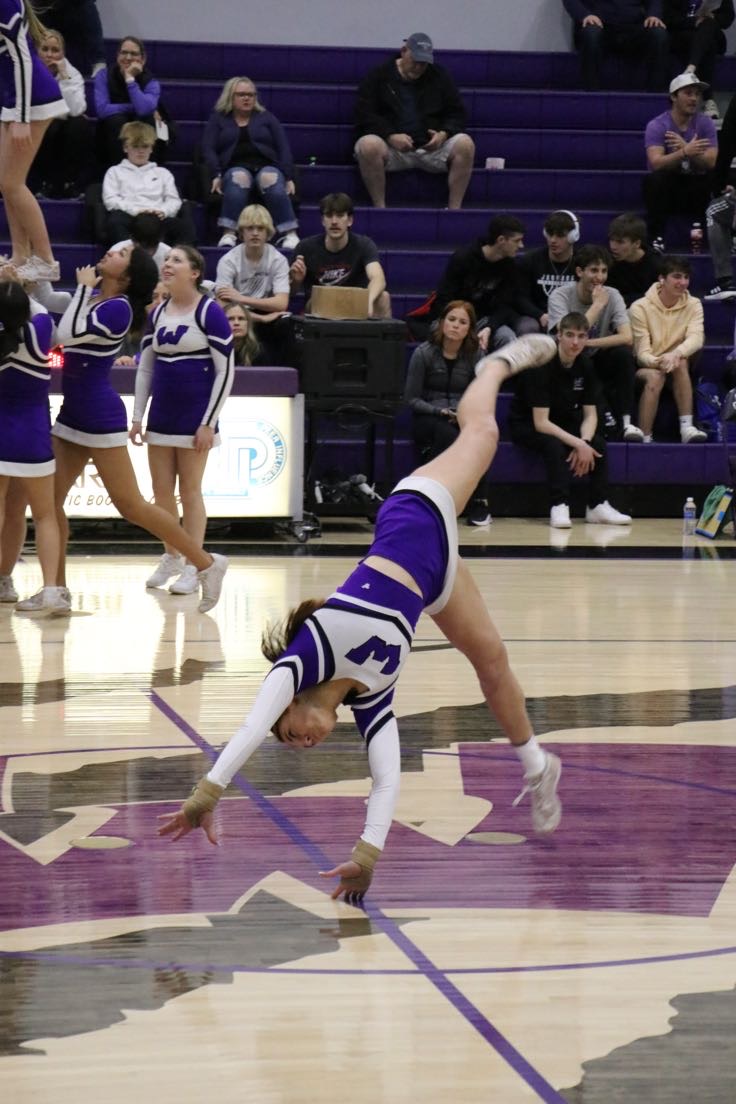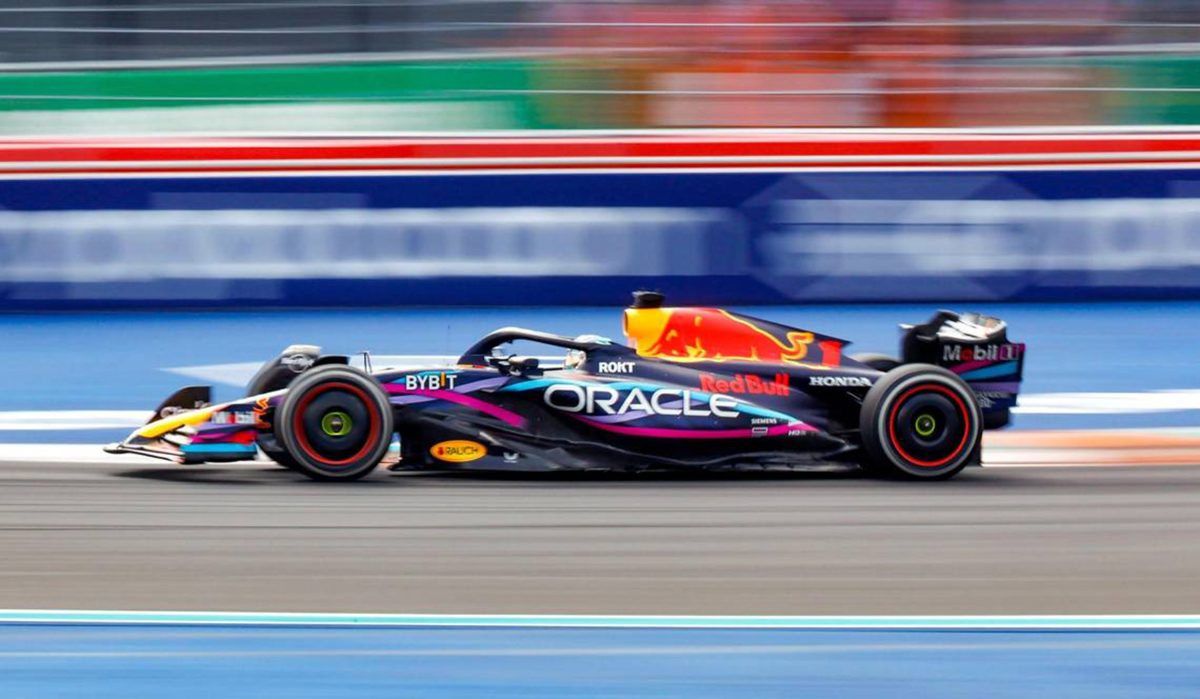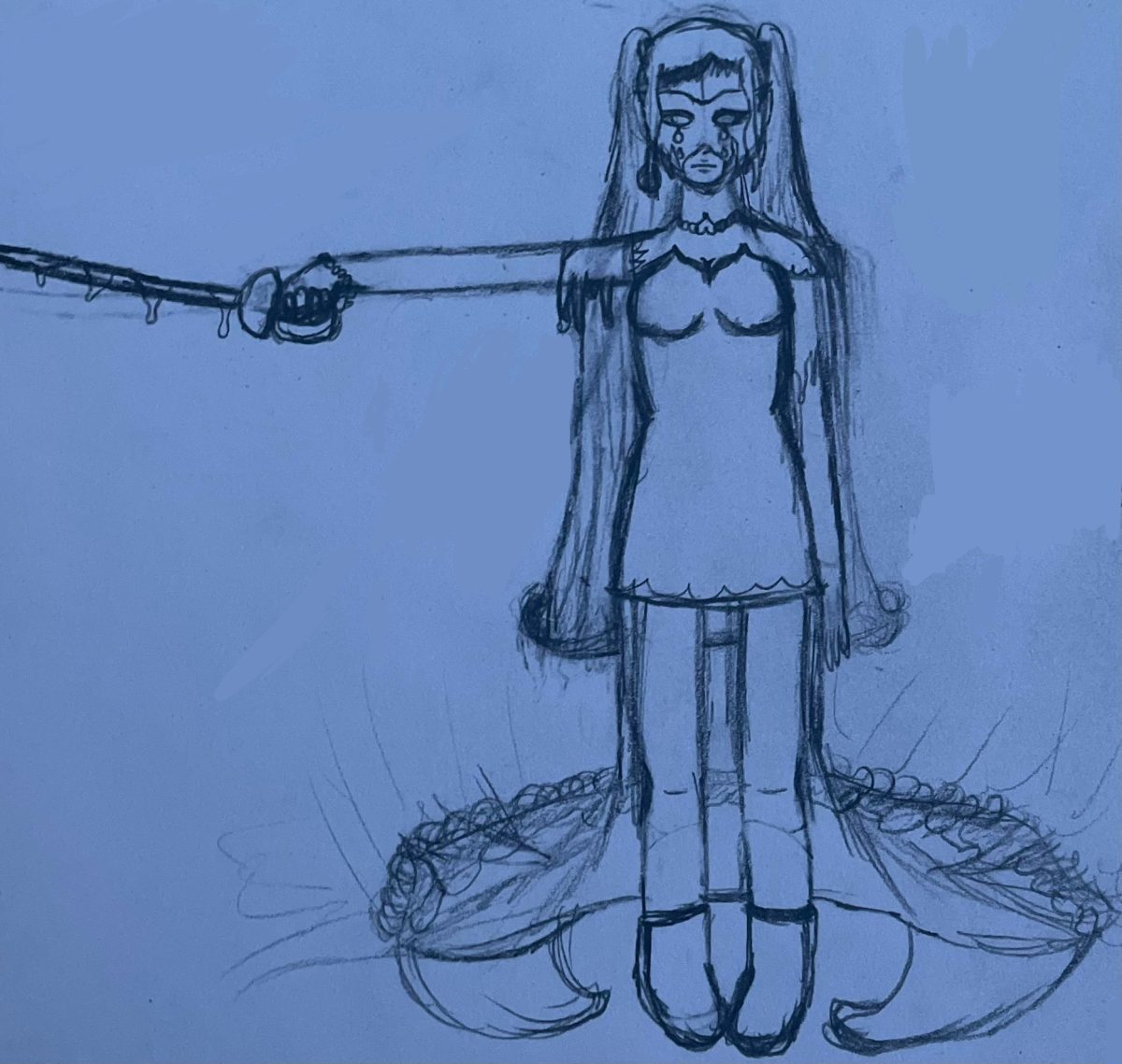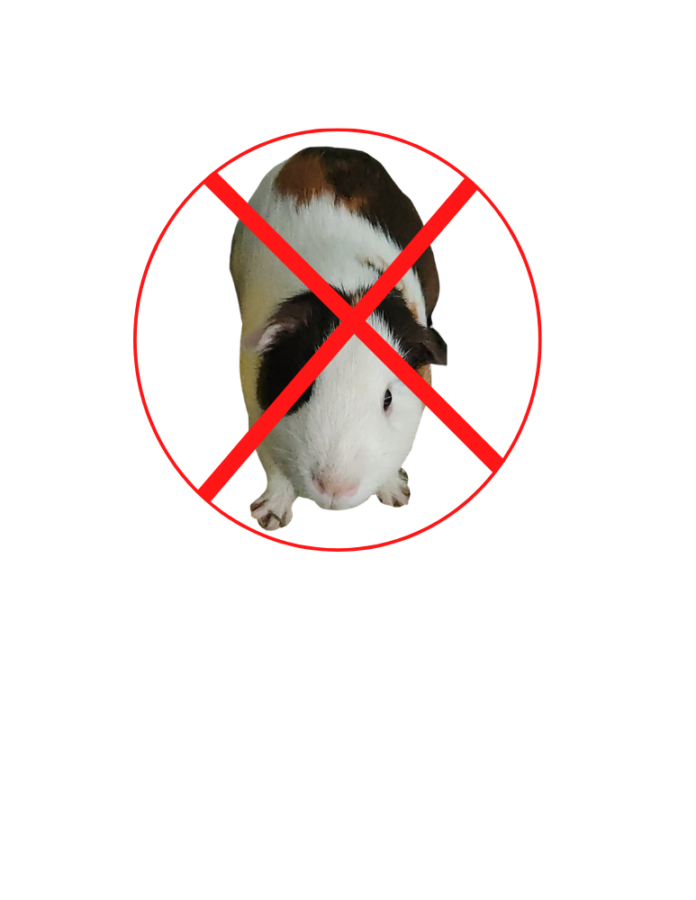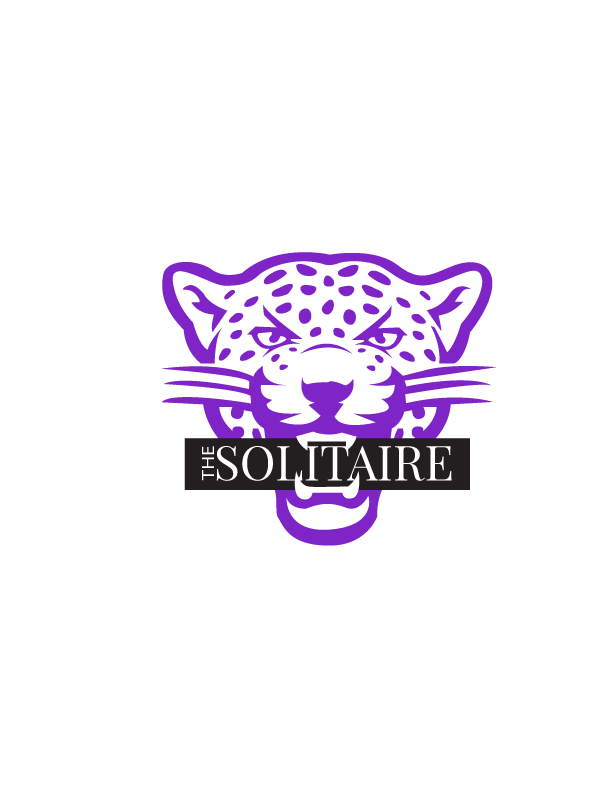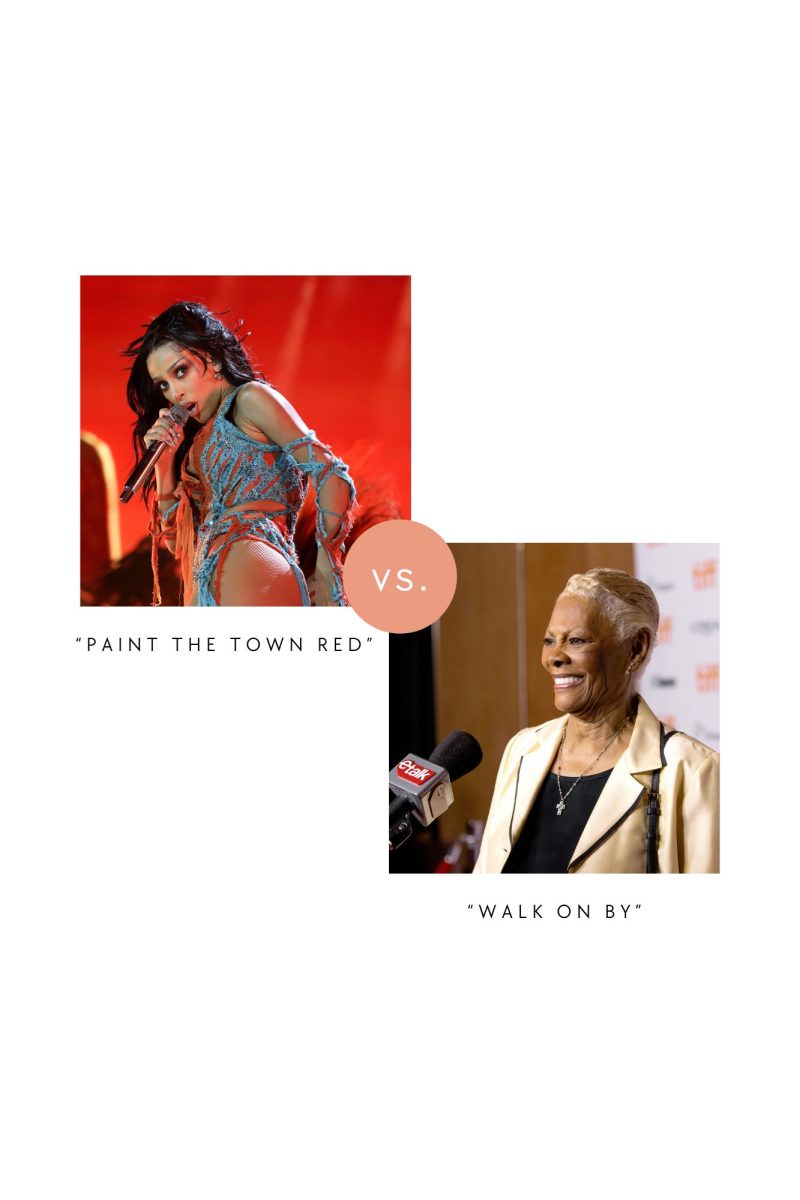What is it?
The term sampling is used to describe when a small clip of a preexisting song or audio is recorded with the intention of reusing it for a new music track. A sample could include a sound effect, quote or overall rhythm. These clips can then be manipulated, looped or layered into a song in order to create a new concept, according to musicgateway.com.
Time to backtrack
Sampling first came on to the music scene in the late 1970s when hip hop DJs would use two turntables to scratch and blend records. It became popularized in hip hop culture by DJs such as Kool Herc, Afrika Bambaataa and Grandmaster Flash. In the 1980s, producers seized the opportunity to use samples in studio productions, according to egoexpo.com.
Stop the music
While music sampling is popular in many songs, it has also been a subject of great controversy. There are certain copyright laws in place that prevent artists from using unlicensed musical quotations and melodies that qualify as theft. They can be charged with a high-priced fee for usage. This allows artists to moderate any reworking of their original pieces, according to medium.com.
Bop or Flop?
The uncertainty surrounding sampling in the music industry raises the question of whether it’s ethically permissible to reuse pre-existing music. On one hand, applying samples to a track allows for more customizability, flexibility, specialization and creative freedom, while also saving time. Through sampling, creators are able to adjust the instrumentation, speed and length of certain music pieces to their liking. These songs can then be curated for all variations of media, such as dance, film and video games, according to thewashingtonnote.com.
However, the flaws of sampling are becoming just as visible as its strengths. For instance, many artists run into issues concerning legality, quality and compatibility. Without proper licensing, sampling music can lead to copyright infringement, with the possibility of a lawsuit and financial consequences. The quality of the sample may not match that of the original record or could be incompatible with certain recording software and hardware. Along with this, artists may struggle with limitations concerning creative control, ownership and commercialization. Unlike original content, samples obstruct the creator’s ability to grow as an artist because of not being able to claim full ownership of the rights to their music. Moreover, audiences may quickly become disinterested by lack of uniqueness, repetitive patterns within songs and commercial failure, according to thewashingtonnote.com.
Real-life Records
“Paint the Town Red” by Doja Cat v.s. “Walk on By” by Dionne Warwick
“Hey Mickey!” by Baby Tate and “Speed Drive” by Charli XCX v.s. “Mickey” by Toni Basil
“Betty (Get Money)” by Yung Gravy v.s. “Never Gonna Give You Up” by Rick Astley
“7 Rings” by Ariana Grande v.s. “My Favorite Things” by Mary Martin and Patricia Neway, from “The Sound of Music”
“Centuries” by Fall Out Boy v.s. “Tom’s Diner” by Suzanne Vega

